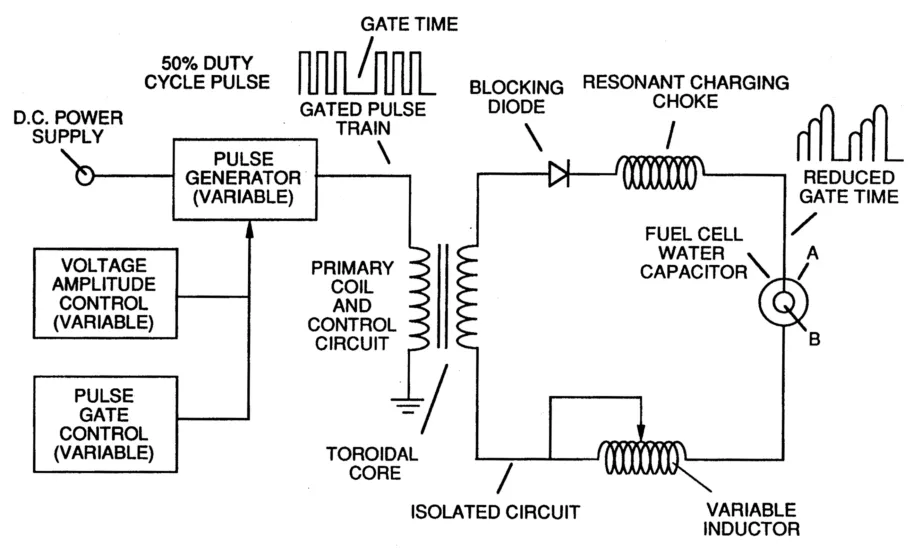I’ve been a professional engineer for 15 years, and I can’t stand the way that engineering is communicated to the public. Engineering shapes the world we live in, and it is incredible to me that we still haven’t figured out how to communicate engineering developments in a way that the general public can understand and would be attractive to them, but also getting the technical part correct. Writers are so concerned to make engineering reporting sound exciting that they often sacrifice accuracy or even plausibility. It doesn’t need to be this way.
One topic that is especially prone to misrepresentation or overselling is renewable energy (my field of expertise), particularly new renewable energy technologies. Reporting on individual new technologies often presents the new tech as the solution to all existing problems and, in the process, overplays the problems with current technologies and ignores challenges with the new tech. I get it. Writers want to write about exciting topics, significant new developments, brand new technologies that their audience hasn’t heard of. And traditional engineering and technology development can seem slow and incremental in today’s fast-paced news cycle. But this type of sensationalism gets in the way of progress towards what should be our real goal: zero emissions as soon as possible.
Reporting like this is not only a matter of sloppy journalism; I worry that it can cause people to avoid implementing mainstream technologies. We already have the technologies we need to achieve this, but there are economic and practical challenges to be solved along the way. If we exaggerate problems with existing technologies to the point where it doesn’t seem sensible to use them at all, it will hinder consensus for action now on climate change. Also, when seemingly perfect brand new technology is just around the corner waiting to solve all problems at once, it doesn’t seem necessary to put in the hard work to implement existing technologies.
Pinning all of our hopes on a radical new technology is like buying a lottery ticket instead of going to work. And worse, many of the enthusiastically reported “revolutionary” technologies do not even have a lottery ticket’s chance of working. Sometimes technologies are promoted that cannot work — they don’t obey the laws of physics. Examples of this include traditional perpetual motion machines or the more recently-popular “over-unity” motors. These are good, old fashioned con jobs by modern snake-oil salesmen such as Patrick Kelly, president of Genesis World Energy, who went to jail for stealing $2.5 million investors funds for his water-as-fuel “technology”. Other times, more commonly, the reported new effect that is real but could not proceed beyond the laboratory, to reach the scale and economics needed to make it work.
In this article, I am going to focus on the first part: perpetual motion scams. I will share how you, a non-expert, can interpret a new technology to see if it obeys the laws of physics. If not, it is a scam and you shouldn’t write about it or invest your money in it! I hope that writers and readers alike will be able to make better judgements about engineering developments and avoid being deluded or scammed by technological “developments” that have no promise.
#physics #science #science-education #engineering #data-science
